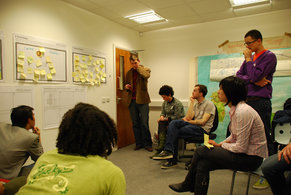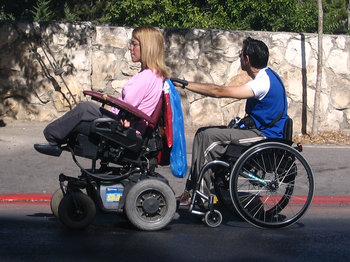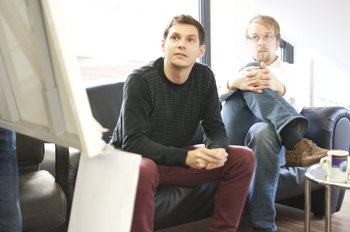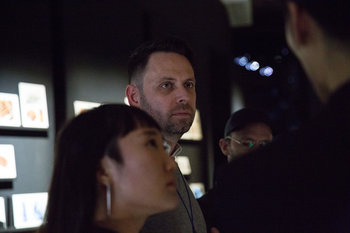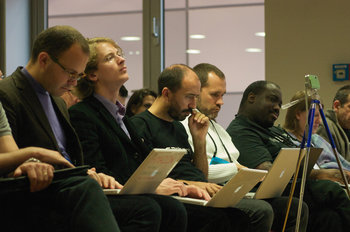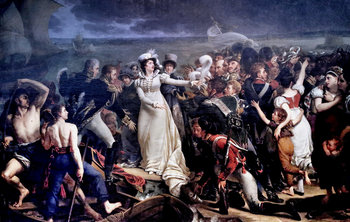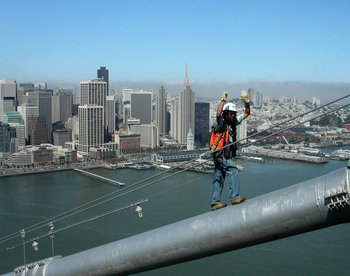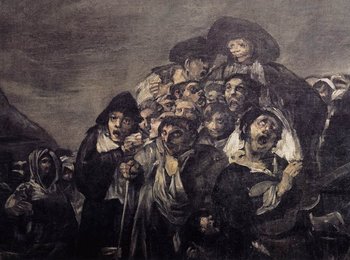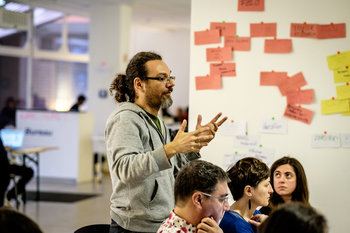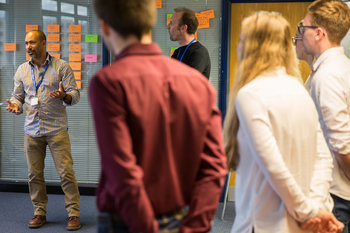
Infrastructure
A country that is first to develop an extensive conventional rail network may be the last to shift to high speed rail as the system seems good enough. A region with a large scale highway system may also be less likely to shift to rail or high speed rail.Cities
A city is the center of a new industry. Wages increase in the area as demand for skilled workers in the industry is intense. With time, other centers with a lower cost base are able to chip away at the city's business. The early success of the city leads to an environment where workers in the area are unwilling to accept more competitive salaries. This can persist even as firms start leaving and the pool of jobs shrinks.Technology
An early technology leader becomes dependent on an overly complex and antiquated technology stack that many people in the organization defend as they are familiar with it. The firm starts to lose market share to firms based on more modern platforms.Sustainability
A firm that produces a product that causes pollution is unable to respond to an atmosphere of increasing environmental awareness. They resist social pressure, government regulations and industry transformations. Such a firm may end up with a product no one wants, a poor reputation and legal battles.Culture
A technology company with a prestigious and innovative reputation grows a culture of hubris that eventually leads to misguided investments, poor relationships with customers and increasingly dysfunctional products.| Overview: Success Trap | ||
Type | Organizational Culture | |
Definition | Early successes that lead a society or organization to develop characteristics or assets that become a liability as things change. | |
Related Concepts | ||

